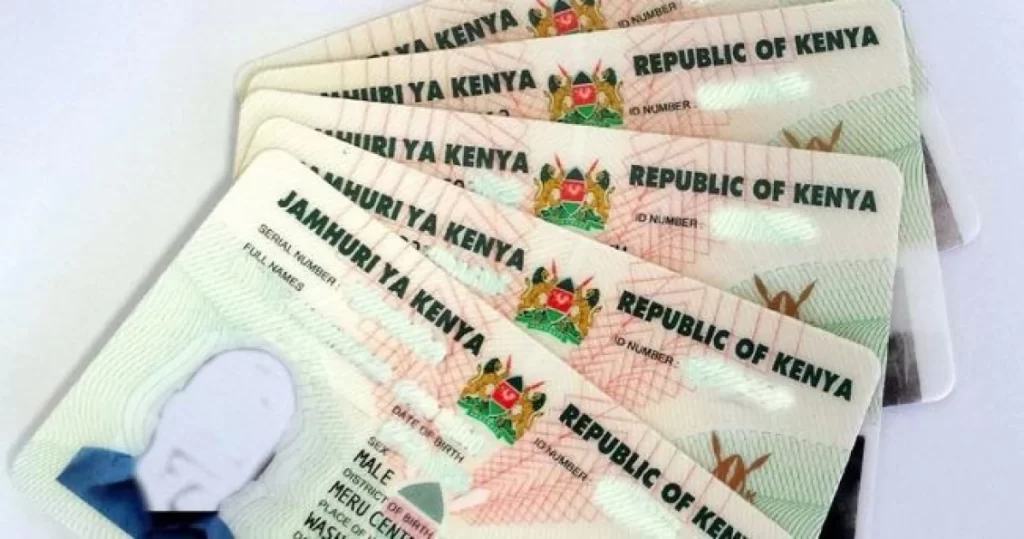
A growing tax fraud scheme in Kenya has exposed hundreds of citizens to identity theft, with fraudsters using stolen personal details to register shell companies that engage in tax evasion and money laundering. Investigations by the Kenya Revenue Authority (KRA) have linked the scam to billions of shillings in lost tax revenue, as unsuspecting individuals, many from vulnerable groups like domestic workers, find themselves listed as directors of fraudulent companies.
Identity Theft at the Center of Tax Evasion
According to KRA’s Investigation and Enforcement Unit, the tax scam involves the unauthorized use of personal identification details, such as national ID cards and KRA PINs, to establish shell companies. These entities are then used to issue fictitious invoices, claim false Value Added Tax (VAT) refunds, or under-declare taxable income. The scheme closely resembles “missing trader” fraud, where fabricated transactions are used to manipulate tax filings.
Read: How Banks in Kenya Are Losing Millions to Insider Fraud Schemes
The shell companies often have no legitimate operations and serve solely as fronts to facilitate financial crimes, including the laundering of illicit funds. In several cases, the proceeds are converted to foreign currencies like U.S. dollars and transferred overseas, particularly to destinations such as China, to disguise the money trail.
Impact on Victims
The human toll of the tax scam is severe. Victims, many unaware that their names are linked to fraudulent entities, face potential legal action, including arrest and prosecution for tax offenses they did not commit. Some individuals have been summoned by the tax authority to explain transactions and company directorships they knew nothing about. The financial and emotional burden has left many grappling with reputational damage, legal costs, and prolonged uncertainty.
High-Profile Cases and Financial Losses
One of the most notable cases involved China Communications Construction Company Ltd., which was found liable in a KSh 1 billion VAT fraud case in August 2024. KRA investigations revealed that several shell companies used in the scheme were registered using the stolen identities of individuals who had no knowledge of the businesses. Among the falsely listed directors were George Makuthi Nderitu, Suleiman Odhiambo Oganga, and Lassina Coulibaly, the latter having left Kenya nearly two decades ago.
In another example, Crystal Touch Limited, already struck off the company register, was still used to facilitate fraudulent VAT claims.
KRA’s Investigative and Technological Response
The tax agency is currently handling at least four ongoing court cases related to this type of identity-based fraud. It estimates that such schemes result in billions of shillings in annual tax losses. To combat this, KRA has ramped up its data analysis capabilities, deploying Artificial Intelligence (AI) and Big Data tools to detect irregularities in tax filings. These systems cross-reference banking transactions, real estate holdings, and digital behavior to identify tax evaders.
Read: Equity Bank Fires Staff Over Suspected Insider Fraud
KRA has also boosted its whistleblower program, allowing citizens to report tax-related fraud anonymously. In 2024, this initiative recovered KSh 4.3 billion in unpaid taxes. Informants can earn up to 5% of the recovered tax or a maximum of KSh 5 million per case.
Broader Pattern of Tax Evasion
The identity theft scam is part of a broader landscape of tax evasion in Kenya, which has historically included methods like income suppression, smuggling, and manipulation of import declarations. In 2022, Afrigo Development Co. Ltd., linked to a Chinese construction firm, was fined over $24 million after channeling nearly $200 million through shell firms in Mauritius. A year earlier, KRA flagged over 1,000 companies and individuals suspected of evading KSh 132 billion in taxes.
In 2019, the crackdown extended to within the tax agency itself, where 41 KRA employees were arrested for colluding with businesses to manipulate systems such as the Customs Manifest Management System.
Jefferson Wachira is a writer at Africa Digest News, specializing in banking and finance trends, and their impact on African economies.
